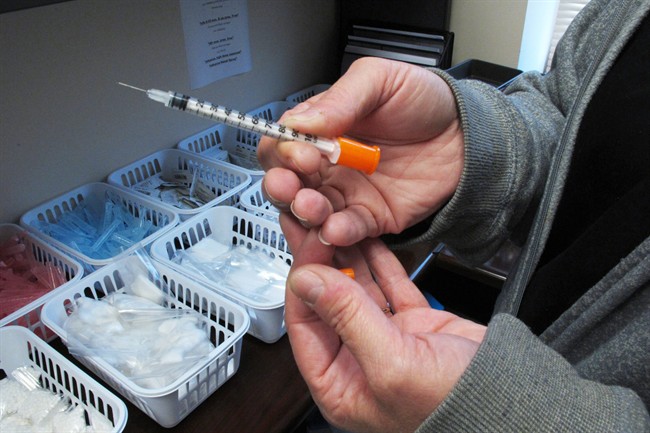The New Brunswick Human Rights Commission has released new guidelines to help employers meet their legal obligations to accommodate staff struggling with addiction.

The province says the new guidelines on cannabis, alcohol and drug addictions are based on both case law and New Brunswick’s Human Rights Act.
READ MORE: A look at the addiction and mental health issues facing Cape Breton Island
It says the guidelines address the use of cannabis inside and outside the workplace, alcohol and drug testing, and differences between unionized and non-unionized workplaces.

Get daily National news
Employers are prohibited from discriminating against staff based on mental and physical disabilities under the human rights act, and human rights law recognizes addiction as a disability.
The guidelines clarify that the employee would only be protected under addiction disability if the addiction is beyond their control, unless the employee is incorrectly perceived as having an addiction.
The document, available on the government website, notes that “safety-sensitive” workplaces – where impairment could pose a safety hazard to someone – have stricter regulations when it comes to these protections.










Comments